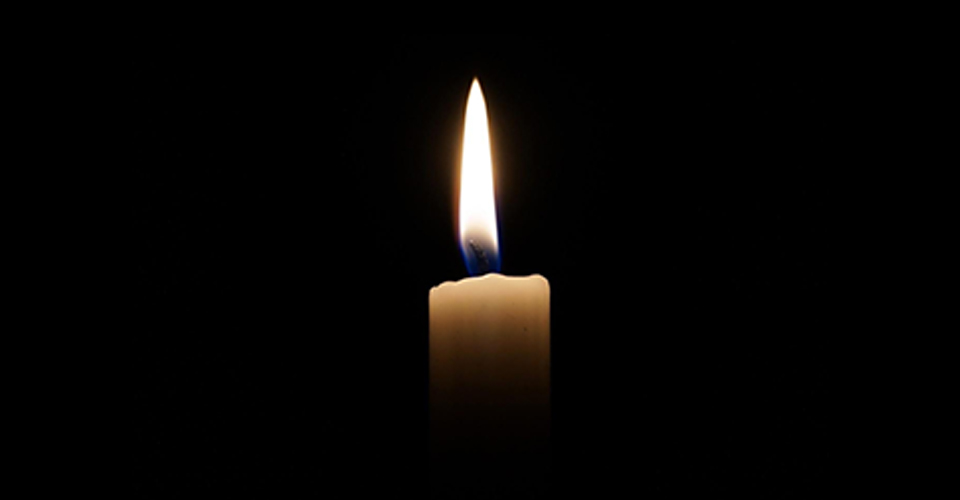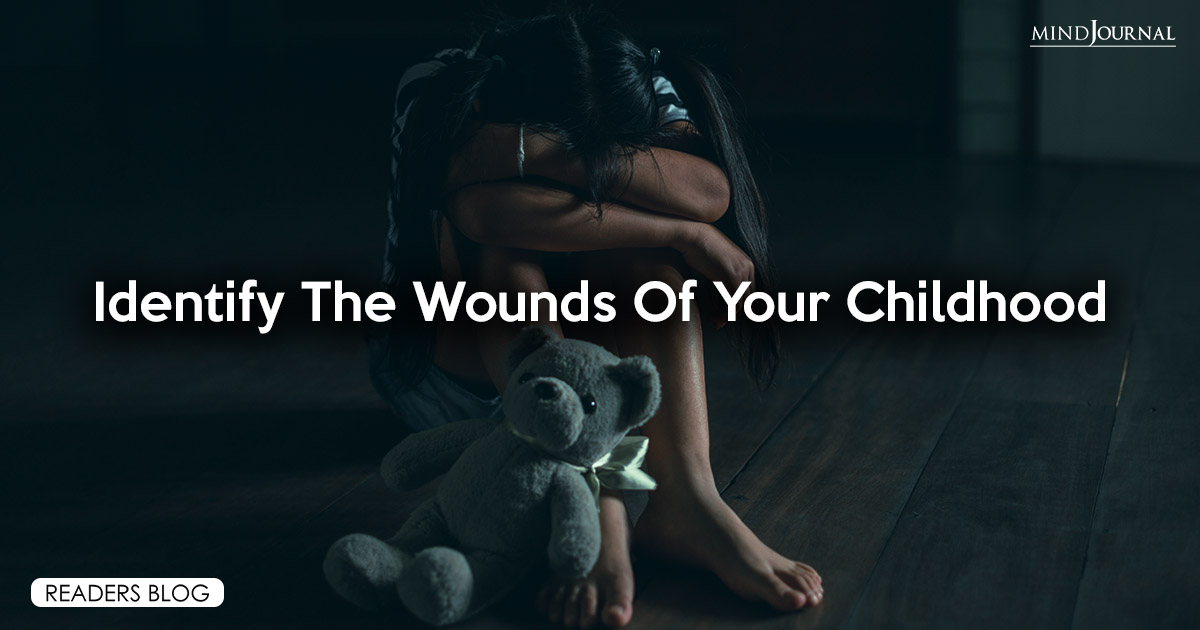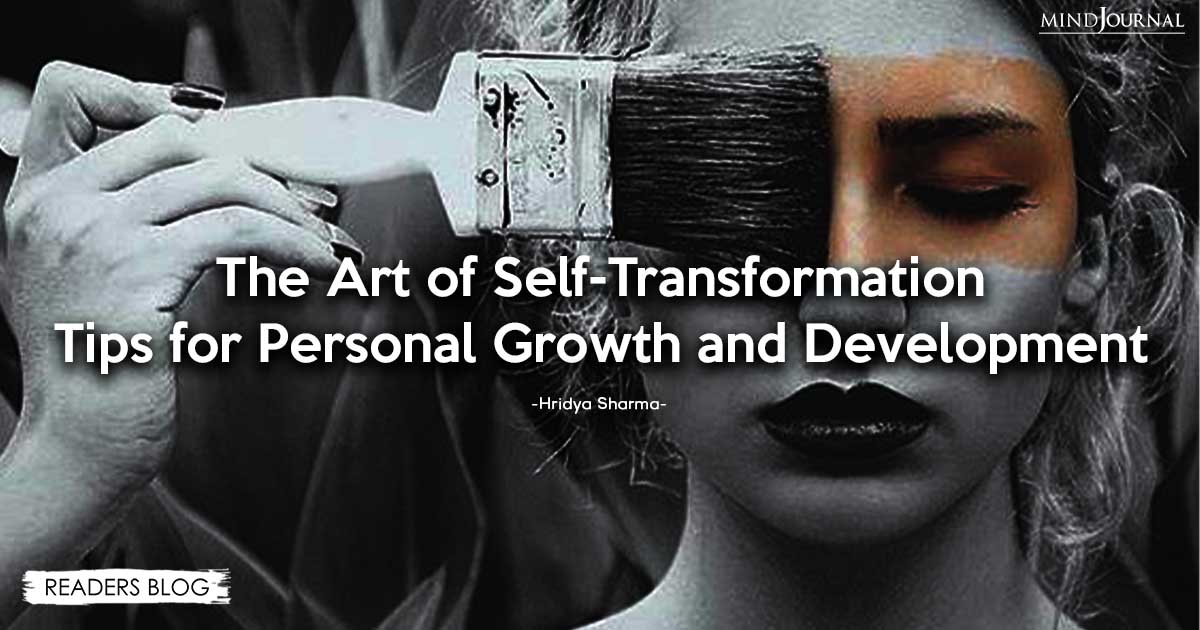The pain of loss can feel unbearable and overwhelming. Fortunately, there are healthy ways of dealing with grief and coping with loss. See our favorite tips now
The fear of losing someone you love is present in most people, but it doesn’t prepare anyone for the day that you actually do lose someone.
Nothing can prepare anyone for that.
But if it does happen, it’s important to know how to deal with loss and grief so you can process your emotions and move forward with life as best as you can.
Have you lost someone you love recently? Or do you know someone who’s lost a loved one and you’re looking for a way to help them?
Keep reading for some important tips on coping with loss and grief.
1. Understand the Stages of Grief
When you first learn about losing someone, you’ll likely experience a series of emotions that you’ve never really felt before. This can be scary if you aren’t aware of the common stages of grief.
What are the stages of grief, you ask? Well, they’re a series of common emotional responses that follow the event of losing someone.
As we discuss the stages of dealing with grief, it’s important to know that everyone’s experience with grief is unique. While these are common emotional reactions, some people may not experience them all, or they may happen in a different order.
Stage 1: Denial
The denial stage consists of simply not believing that what happened actually happened. You don’t want to believe it so you find any way to falsify it and deny the event.
Stage 2: Anger
Once you are no longer in denial and must accept what has happened, you might feel angry and very upset at the circumstances or anyone involved in the event.
For example, if someone was driving and got in a car accident, and your loved one died as a passenger, you might feel anger towards the driver, even if it wasn’t their fault. You also might feel angry at yourself, especially if you think you could have prevented the event in any way.
Stage 3: Bargaining
The bargaining stage occurs when people try to make a deal with God or some higher consciousness. It often happens if someone has a loved one who is extremely ill and will likely die.
People will try to bargain and say things like “if you save my loved one, I promise to be a better person”.
Stage 4: Depression
Once the initial shock fades away, depression is likely to hit. This is where people really start to accept what happened and are dwelling on everything that is now lost.
This depressions stage can last a few weeks to several months or longer. While feeling sadness is an important part of your grieving experience, you need to reach out to others to help you through it.
Stage 5: Acceptance
Acceptance is the stage where you can start to get back to living your life again. You’ve accepted what has happened and are able to allow yourself to feel happy despite losing someone you love.
2. Avoid Self-Medication
Dealing with loss is painful, and that pain can’t be avoided. But oftentimes, people are unwilling or unable to deal with that pain and so they choose to self-medicate to numb themselves.
But self-medicating is only a short-term solution for the pain of losing someone. What you’re really doing is prolonging the grieving process and postponing the progress you need to make to feel happy again.
It’s vital that you actually feel every emotion that comes after losing someone. It might be the most difficult time of your life, but you’ll be allowing yourself to work through these emotions and eventually find peace and happiness again.
3. Seek Support From Loved Ones
You can’t face the grieving process alone. You’ll be too in your head and in your emotions to see things clearly.
That’s why you should reach out to your family and close friends for support. If you lost a family member, reach out to the rest of your family that is also grieving. You can help each other to overcome your grief and find acceptance.
4. Talk with a Therapist
If you are in the depression stage of grief, it might be helpful to start seeing a therapist that can help you find acceptance.
Trained therapists have expertise in grief counseling and can help you in ways that your friends and family might not be able to. It’s also helpful to have an unbiased person to talk to as they can give you a different perspective and unique insight into the grieving process.
5. Remember to Take Care of Yourself
After experiencing a loss, it’s easy to neglect the things you normally would do every day. Things like exercising, cooking healthy meals, meditating, doing hobbies you enjoy, etc.
You may find that thoughts of your loss are consuming entire days and you don’t have the energy to do the things necessary for your physical and mental wellbeing.
But during times of grief, it’s more important than ever to continue taking care of yourself. You physical and mental health are directly related to emotional wellbeing, so by eating healthy, exercising, and doing things you enjoy, you’ll start to feel better over time.
Coping with Loss Is a Life-Long Journey
While the initial shock and miserable heartache will fade over time, it’s important to know that coping with loss is something that lasts your whole life. Some days will be better than others, but it’s important to keep these tips in mind for those really difficult days.
Interested in reading some more content on mental health? Check out the rest of our blog today!








Leave a Reply
You must be logged in to post a comment.